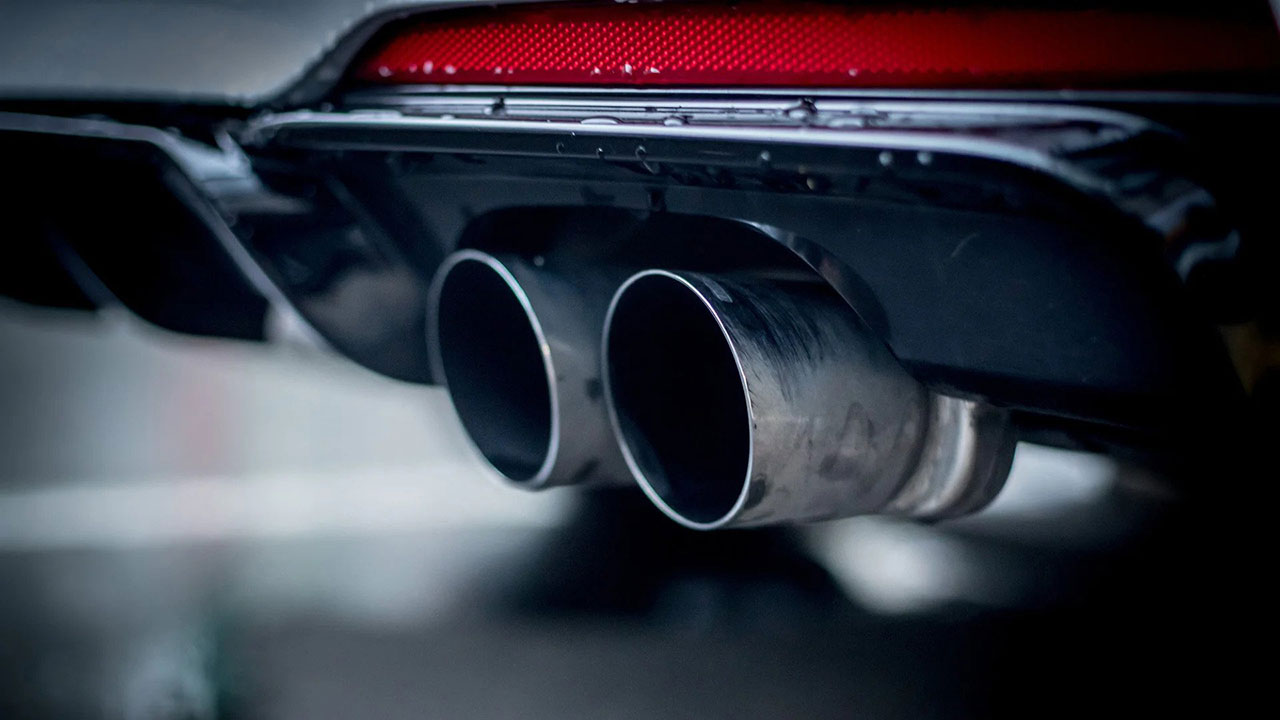A total of 329 MEPs voted in favor of the revised proposals, while only 230 voted against and 41 abstained. The next step is to begin talks with the individual governments of each member state before the amended plan becomes law.
That's good news for automakers, many of whom were vocally opposed to the original Euro 7 rules, claiming they would require cars to be fitted with expensive equipment that could add thousands of euros to the price of a new vehicle, potentially killing off the market for small cars while also slowing progress toward the larger goal of transitioning to electric vehicles.
But even though the new rules are weaker, and won't come into force for cars until 2026 anyway, they're not a total loss. MEPs decided that emission limits for buses and heavy trucks still need to be tightened, and agreed to focus on tire and brake particulate emissions from cars. The focus on these types of emissions will only increase in the future as electric vehicles become more commonplace, as electric cars tend to be heavier than internal combustion vehicles and so put more stress on their brakes and tires.
Source: Carscoops

